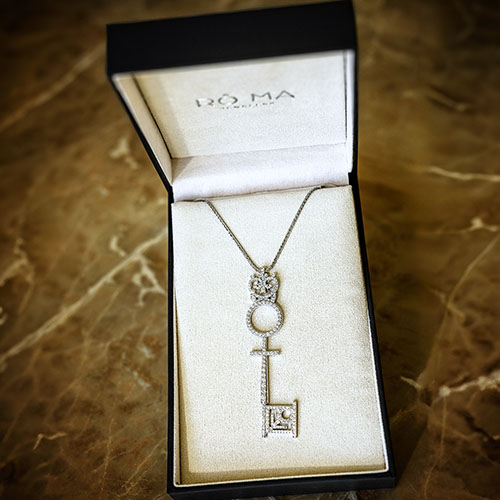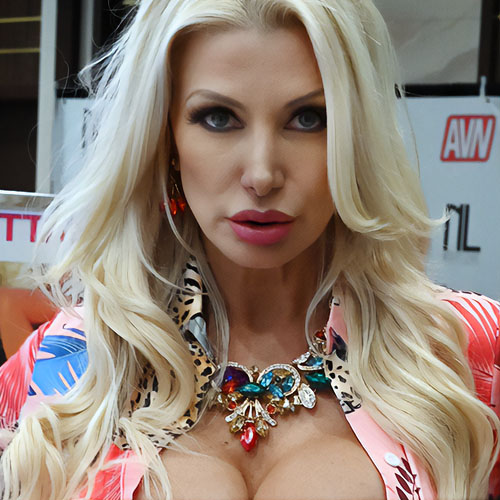With social media, we reach celebrities with a click, we think we know them, and we’re quick to turn on them. Has our “swipe right, swipe left” culture gone too far?
IF, in the last half decade, you’ve been dumped, or done the dumping, or gotten late-night drunk and decided it was time to explore your options for 15 minutes before becoming overcome by shame, or if you’ve ever been single, or know single people, or if you just, like, have the internet, you know about “the state of dating.” Virtual dating has gone from video personals to three photos on Tinder and a prayer for rain.
Culture is like that, too. Instead of buying records, we stream music on services that plop ads in between our favorite songs. Welcome to our current cultural moment—getting face-fucked by a nonstop stream of information and entertainment.
Famed sociologists Donald Horton and Richard Wohl called this “para-social interaction,” and it’s making America stupid. In 1956, they introduced the concept because TV sets were being bought for most households. People were suddenly “interacting” with strangers for the first time on a national scale. Back then, the friendship was one-sided and completely controlled by the performer.
“There are, of course, ways in which the spectators can make their feelings known to the performers and the technicians who design the programs, but these lie outside the para-social interaction itself,” the sociologists wrote for Psychiatry: Journal for the Study of Interpersonal Processes. “Whoever finds the experience unsatisfying has only the option to withdraw.”
That’s how it used to be, but a lot has changed in the contract between the performer and his or her “friends.” Social media gave the performers unprecedented ability to market themselves to us. It’s also transformed marketing into an activity almost more relevant than the performance itself. Chrissy Teigen hasn’t actually modeled in however long. Emily Ratajkowski is more famous for taking off her clothes on Instagram than she is for taking off her clothes in the “Blurred Lines” video. Alexis Ren…well, you get the idea.
Whether they are models, porn stars, or Star Wars actors, performers are now generating their fame from direct audience interaction. This means that we are now closer than ever to being actual friends with actual celebrities. Rather than reading about them on TMZ after their overdose or reenacting Basic Instinct outside Les Deux, we watch celebrities melt down on Twitter in real time.
This is a problem because it pushes the formerly easy-to-understand para-social interaction into this bizarre gray area where the celebrity creates the illusion of friendship with normal people—well, as “normal” as a person running a stan account can be. It’s also a problem because we are constantly inundated with celebs or wannabe celebs who desperately want our attention. And we give it to them, because we want to be friends with famous people—or at least talk shit to them in a venue in which there’s a chance we’ll be acknowledged.
What’s it like to have a large group of hot people who want to be friends with you, but present very little concrete information about their actual lives? Also, you’ll never meet them in real life and they for sure don’t want to fuck you. Basically, pop culture is now Tinder.
We get cultural information at an unprecedented pace. Rather than one episode a week, Netflix drops a season on us all at once. And in order to stay relevant—and keep getting those sweet-ass likes—there’s huge pressure to have an opinion about everything. But how do you have an opinion about everything when “everything” is infinitely inconsumable and only growing larger by the moment? Simple—swipe right, swipe left. Scarlett Johansson is somehow playing another Asian character? Racist! Swipe left! There’s a whole sitcom that’s fronted by a woman? Feminist! Swipe right!
See how easy that is? We do it all the time about everything. Basically, there isn’t an opportunity to think for more than two seconds about anything. And why would you? Thinking is hard and for nerds.
Of course, the natural next step is to say: Do something. If everything is racist, and everyone is sexist, and apparently every comedian is somehow racist, homophobic, and possibly a pedophile, then there has to be real stakes. Otherwise we’re just pissing in the wind. So, we get these massive campaigns targeting whoever is, that day, a racist or a rapist or whatever else the online hordes have decided that person is. A large slice of online culture swipes left on a person, place, or thing, and then has to go on [insert social media platform here] and post exactly why they swiped left, and how that person, place, or thing has been personally offensive to them.
Like Tinder, these cancellations have real-life consequences. If you’re a well-intentioned but clueless person, maybe you make an apology afterward and hunker down for a while. If you’re some stupid joker that makes some stupid joke, maybe you have to change your name and live in oblivion forever.
And here’s the thing: It’s obviously bad to be racist or homophobic and beyond bad to sexually assault anyone. Basically, everyone agrees on this except certain elected officials. But the pace and speed with which people are branded as one thing—which then becomes their log line forever—is crazy. We all think prominent people are kind of our friends, and that we actually know them, and then we decide that nobody should ever know them ever again. Which is insane.
But you—yes you, reader—can fight this. It’s super simple. First, take a deep breath. Second, log off. Third, go smell some flowers or something and stop pretending you know famous people. It’s demented.



















